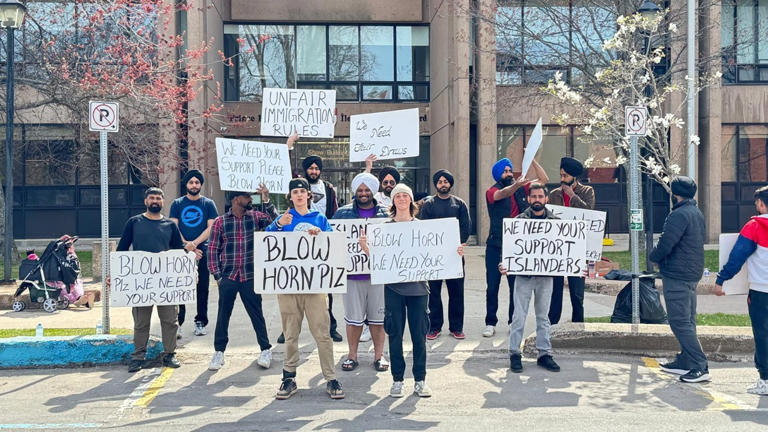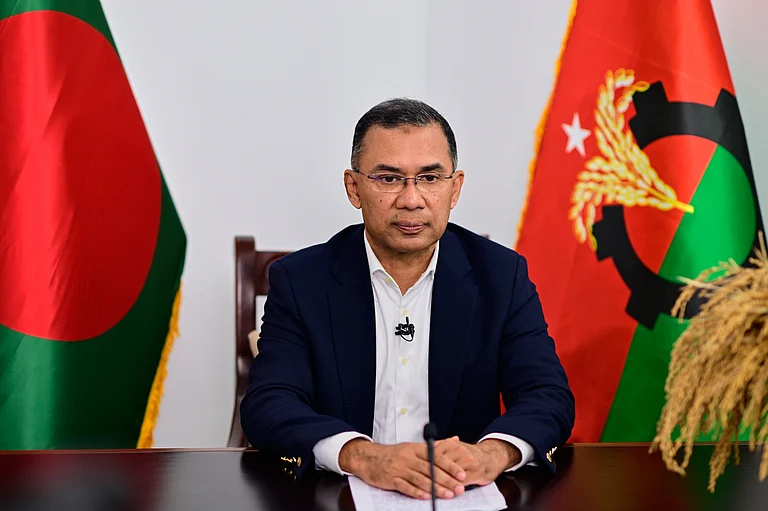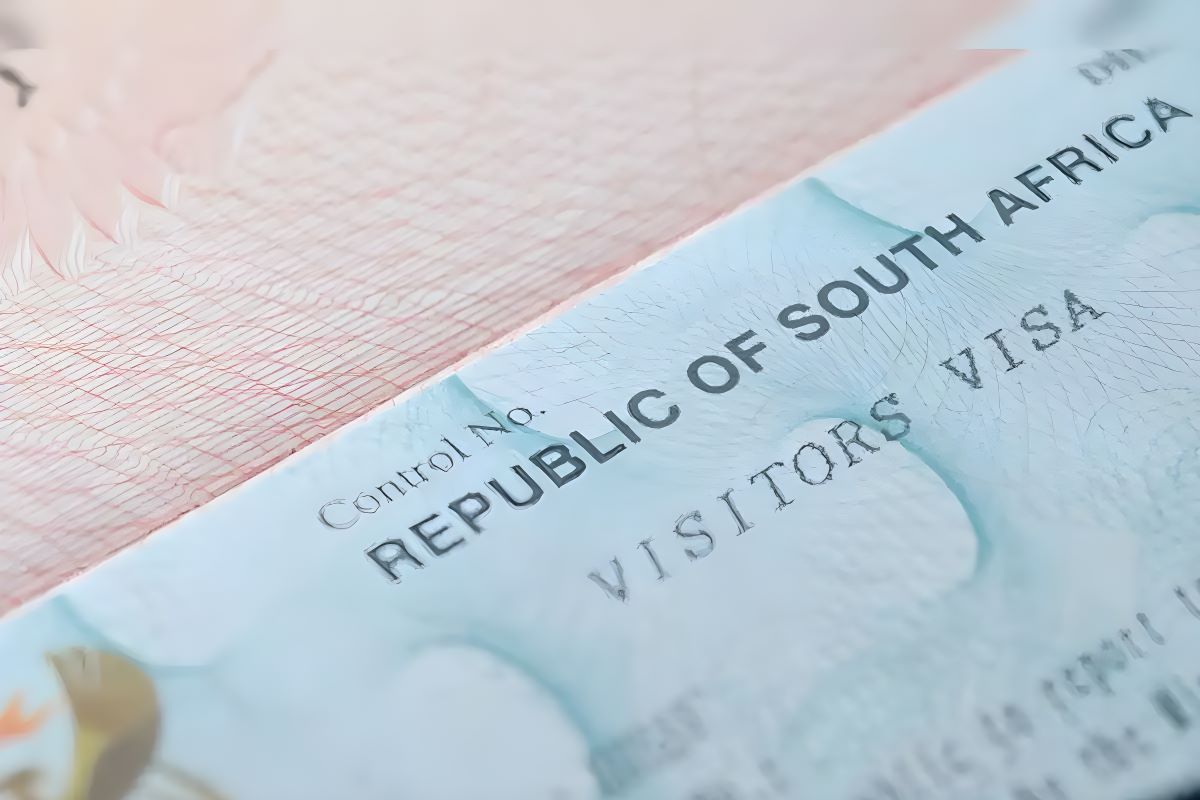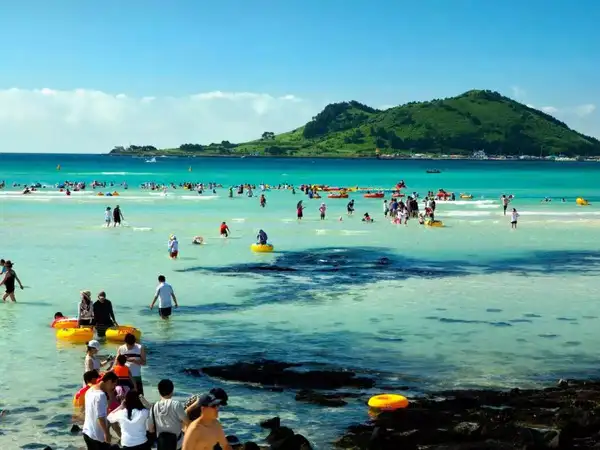As the situation unfolds, Indian students in PEI continue to fight for their rights, emphasizing the urgency and significance of their plight
Indian students in Prince Edward Island (PEI), Canada, are facing potential deportation due to recent changes in immigration policies, India Today reported.
Other media reports indicate that hundreds of students have been instructed to leave the province, sparking widespread protests. These students have been rallying against these developments since May 9, emphasizing the critical nature of their situation.
The Indian student community has organized a significant assembly meeting on May 23 at 175 Richmond Street in Charlottetown, PEI, to address their concerns collectively. Many students claim that they have been denied work permits despite successfully completing their studies, which has severely impacted their prospects.
The India Today report quoted Rupinder Pal Singh, the leader of the protest, articulated three primary demands on behalf of the students. Firstly, he called for the inclusion of these students in the Provincial Nominee Program (PNP) system. He argued that these immigrants were previously on valid work permits before the new regulations were implemented.
The revised Provincial Nominee Program will also prioritize certain occupations, notably in healthcare and construction
Secondly, Singh demanded a fair and equitable process for PNP draws, criticizing the rigid points-based system that disadvantages younger immigrants in sectors such as sales, services, food, and trucking. Lastly, the protesters are seeking an extension of their work permits to compensate for the disruptions caused by the policy changes and the resultant economic challenges.
“Our province gave us false hopes,” Singh stated, highlighting the sense of betrayal felt by the student community.
According to CBC News, the PEI government recently announced a 25% reduction in the number of immigrants it nominates for permanent residency through the PNP in 2024. This decision is partly due to pressures on the province’s healthcare system and housing market.
The PNP allows Canadian provinces and territories to nominate immigrants who can support local economies and address regional labor shortages. Each region tailors its PNP to meet specific needs, with unique eligibility criteria and application processes.
Despite the uproar, the Indian Ministry of External Affairs (MEA) appears to be unaware of these widespread issues. MEA spokesperson Randhir Jaiswal noted, “A large number of students have gone to Canada to study. The figure is pretty significant. But we haven’t come across several students facing deportation… We do not have any updates on that. We are not aware. There may be one case here or one case there. But we don’t see any major problem as far as students in Canada are concerned.”
***********************************************************
Readers
These are extraordinary times. All of us have to rely on high-impact, trustworthy journalism. And this is especially true of the Indian Diaspora. Members of the Indian community overseas cannot be fed with inaccurate news.
Pravasi Samwad is a venture that has no shareholders. It is the result of an impassioned initiative of a handful of Indian journalists spread around the world. We have taken a small step forward with the pledge to provide news with accuracy, free from political and commercial influence. Our aim is to keep you, our readers, informed about developments at ‘home’ and across the world that affect you.
Please help us to keep our journalism independent and free.
In these difficult times, running a news website requires finances. While every contribution, big or small, will make a difference, we request our readers to put us in touch with advertisers worldwide. It will be a great help.
For more information: pravasisamwad00@gmail.com








